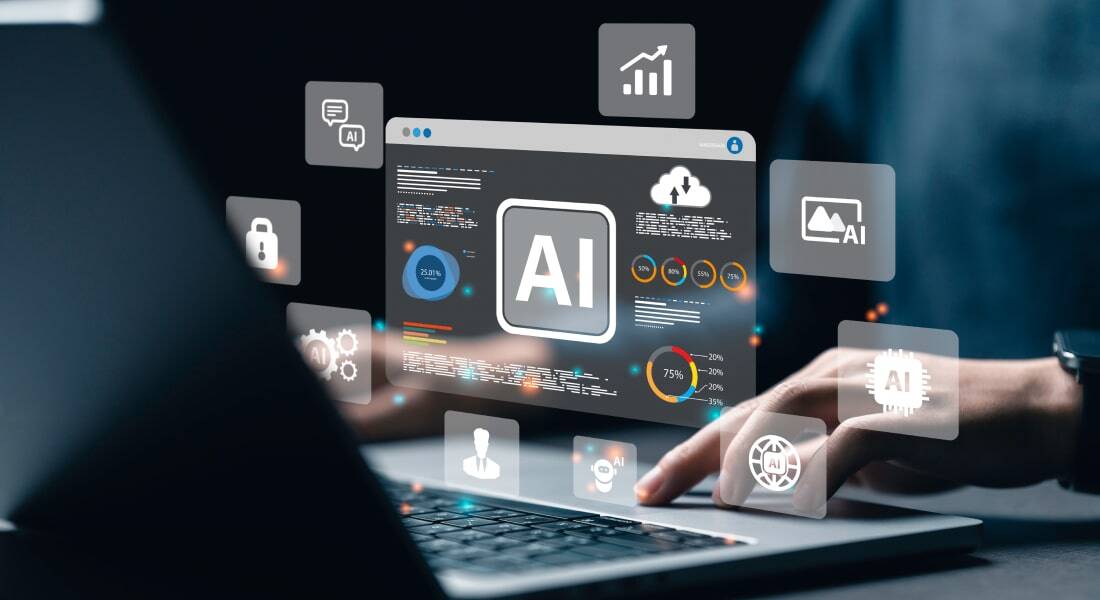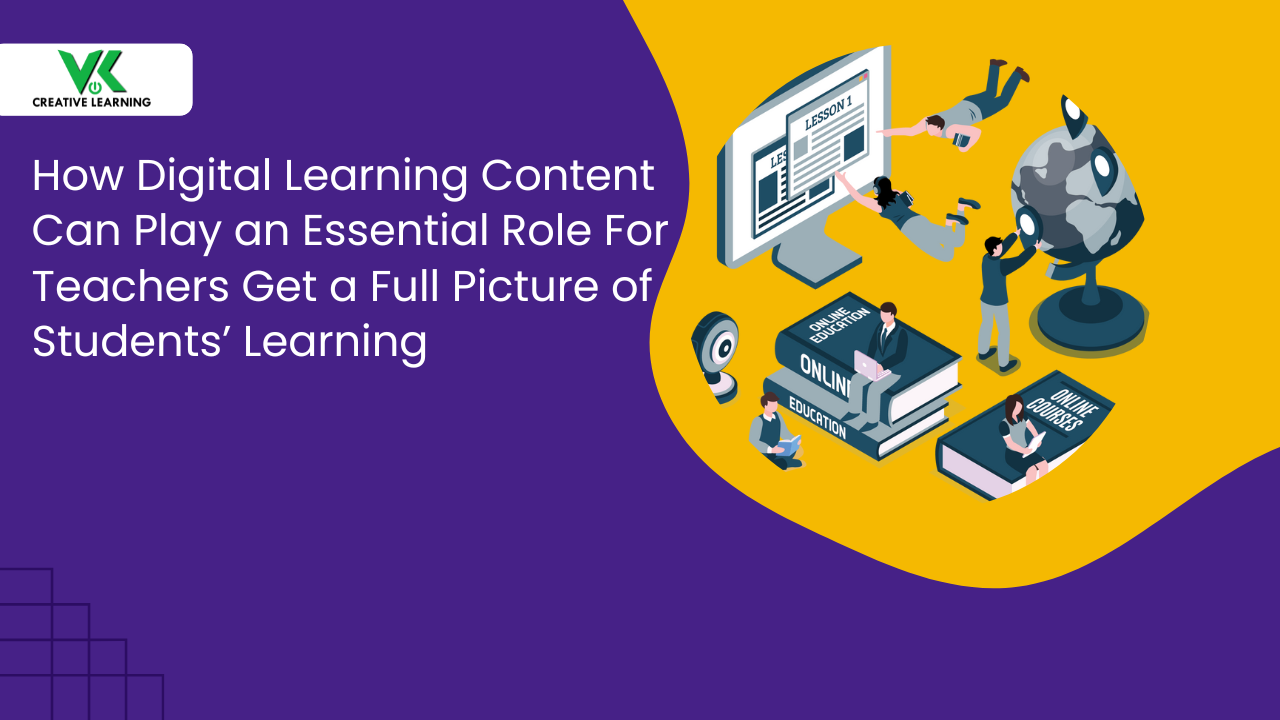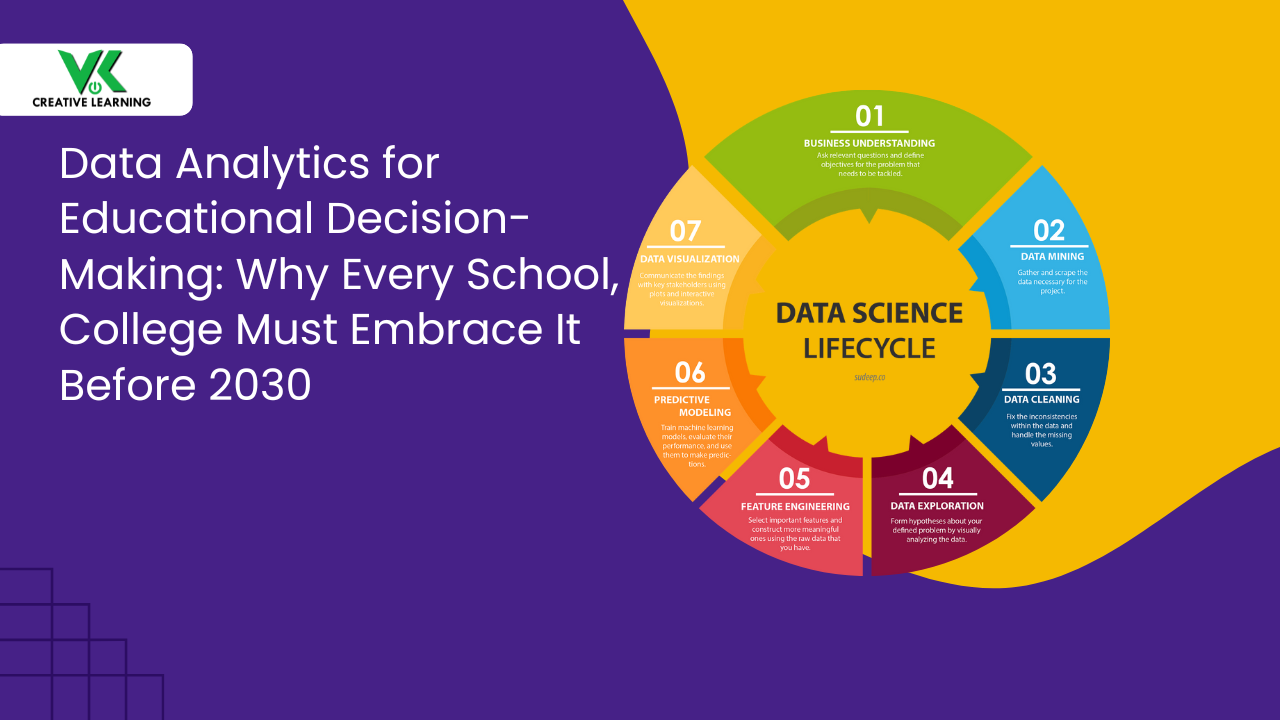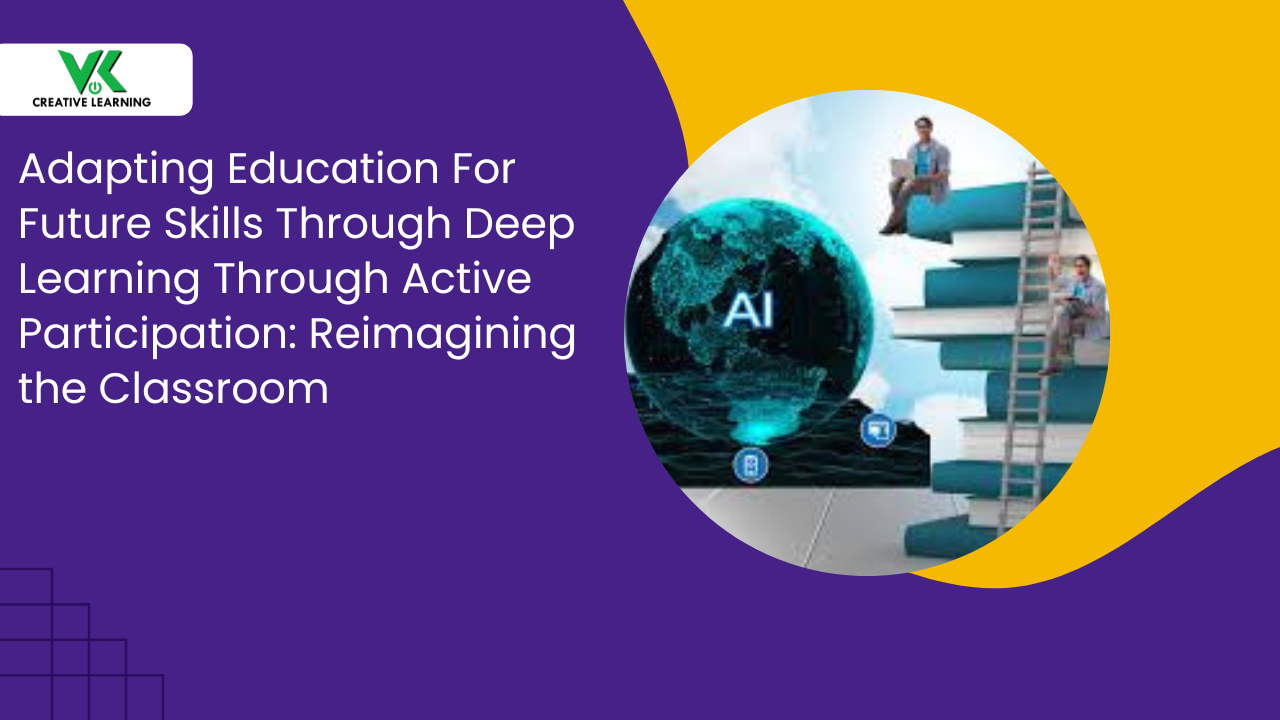LMS in Elearning - Its Role, Importance, Types, Uses, and Benefits
April 29, 2022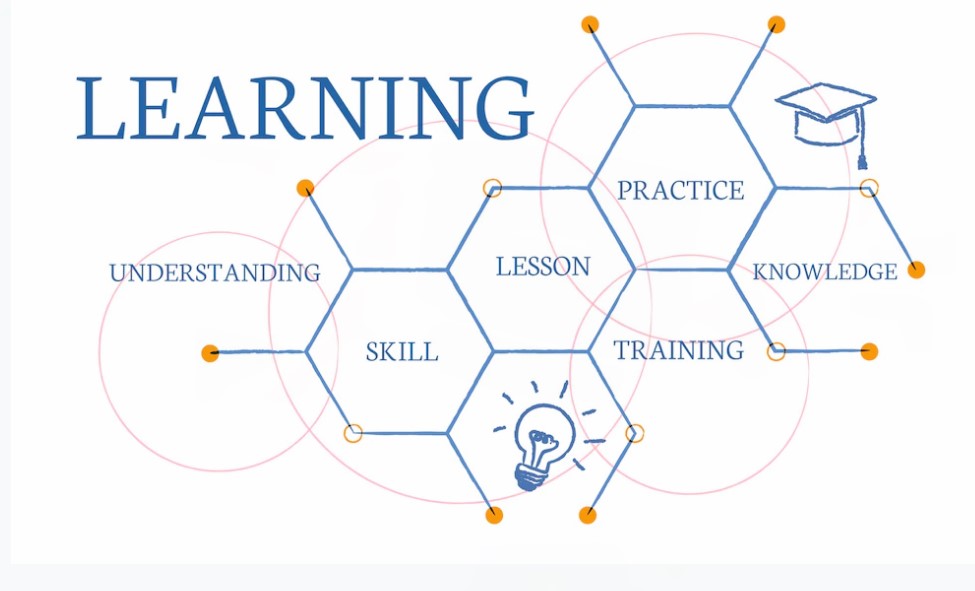
A glimpse at what is LMS?
A Learning Management System (LMS) is a web-based platform that is used to organize, execute, and evaluate a particular learning process. It is utilized in an eLearning platform and comprises two components: a server that executes the necessary functions and a user interface that lecturers, learners, and administrators operate.
Uses/Purpose of using LMS in eLearning
A Learning Management System in an eLearning platform often enables instructors to design and distribute curriculum, track student involvement, and analyze student achievement. Additionally, a learning management system may enable students to connect with one another through threaded conversations, video conferencing, and discussion forums.
Implementation of an LMS in different sectors
Organizations of all types, government units, local governments, conventional educational institutions, and online/eLearning-based establishments all make extensive use of LMSs.
The LMS-based eLearning systems may help different entities to enhance their conventional instructional techniques while also saving time and money.
A well-designed system enables instructors and administrators to handle user registration, material, calendars, user access, communication, certificates, and alerts easily.
A quick look at various features of an LMS-based eLearning platform
Several aspects that are similar to the most of Learning Management Systems are as follows:
- Managing users, courses, and roles, as well as report generation:
- This facilitates the uploading of courses, the assignment of responsibilities, and the generation of different reports.
- Creating a course calendar and activities for the course: The instructors can create course calendars; schedule them and inform about the same to the learners.
- Notifications and messaging: Once the course calendar or some essential activities are planned, they can be sent as notifications to these students. Users and trainers may send alerts and reminders about future training and activities.
- Employee certification and posting of scores and transcripts: This assists in the maintenance of records on the learners' training, their performance, and the provision of certificates to those who successfully finish training.
- Management of instructor-led courses: Instructors may have created different courses for different exams. This could be uploaded and accessed as when the instructor wants.
- Administration and management of competencies: This tool enables you to monitor and assess team members' skill sets and compare them to company objectives.
Types of LMSs
Now that you understand what a learning management system is, it's time to investigate the many types of learning platforms available and their differences. The following is a description of the many sorts of LMSs:
Corporate vs. Academic Learning Management Systems.
While both corporate and academic LMSs allow online access to course content and automate many portions of the training process, they do have notable distinctions, Which are described below:
Learning objectives:
Academic eLearning LMS is designed to produce competent learners who possess in-depth knowledge of their topics and a desire to study more. The final objective is theoretical knowledge in this case.
Corporate-based LMS eLearning system emphasizes on learning that is applicable in the workplace, and one of its primary goals is the Return On Investment (ROI).
Timeline for the course:
Since time constraints are tighter for employee training, a corporate eLearning management LMS system must be adaptable to all-time constraints and business demands. With LMS, it becomes possible to schedule holidays and exam periods.
In academic institutions, exams are conducted periodically at fixed dates.
Grades vs. certifications:
A corporate eLearning LMS platform will often include monitoring and completion capabilities in the form of certificates.
Typically, an academic eLearning LMS platform keeps track of learners' progress with the use of its grading system. It includes grade books for tracking attendance and assignment completion, as well as other data about each student on the roster.
Social learning tools:
Another feature of an academic eLearning LMS platform is the ability to create student groups for academic assignments and breakout activities, as well as discussion boards and a built-in web-conferencing application.
Corporate eLearning LMS platform allows employees of different departments to communicate with each other regarding a certain issue or to brainstorm on a certain idea.
Content updates:
Learners demand information that is focused on the sciences and humanities; so, an educational LMS does not need to update it on a regular basis.
Due to the fast changes in market demands, a corporate LMS should be capable of swiftly and simply updating courses.
What can an LMS be used in corporate and organizational learning activities?
A learning management system (LMS) may be beneficial for many forms of business and organizational learning activities. The following are some of the most popular applications of LMS:
- Employee onboarding survey with the use of LMS
- Employee training on the required field, machinery, or process.
- Customer training on various types of products and services.
- Partner training
- Compliance training for making employees aware of the different international standards to adhere to while creating new products.
- Sales training for new recruits on the target achievements and to assess their ability.
- Educational training
Should you opt for a commercial vs. free LMS platform?
This is often one of the first considerations businesses make when selecting an LMS: whether to use a free, open-source system or a paid platform. Indeed, there is a widespread misperception that all open-source learning management systems are free.
While there is no licensing charge, this does not imply there are no associated fees. You're inclined to spend further on your open-source platform than you would on a commercial LMS since you'll need to set up a server and hosting infrastructure, alter common LMS features, fine-tune the site's branding, and maintain your system on a regular basis.
Additionally, if your team lacks technological expertise capable of making it highly customized for your organization, your eLearning project is prone to failure.
A commercial LMS eLearning platform as offered by VK Creative Learning (VKCL) is the appropriate alternative for customers without an IT experience. It is often significantly simpler to implement and use, includes technical assistance, and incurs no extra fees.
